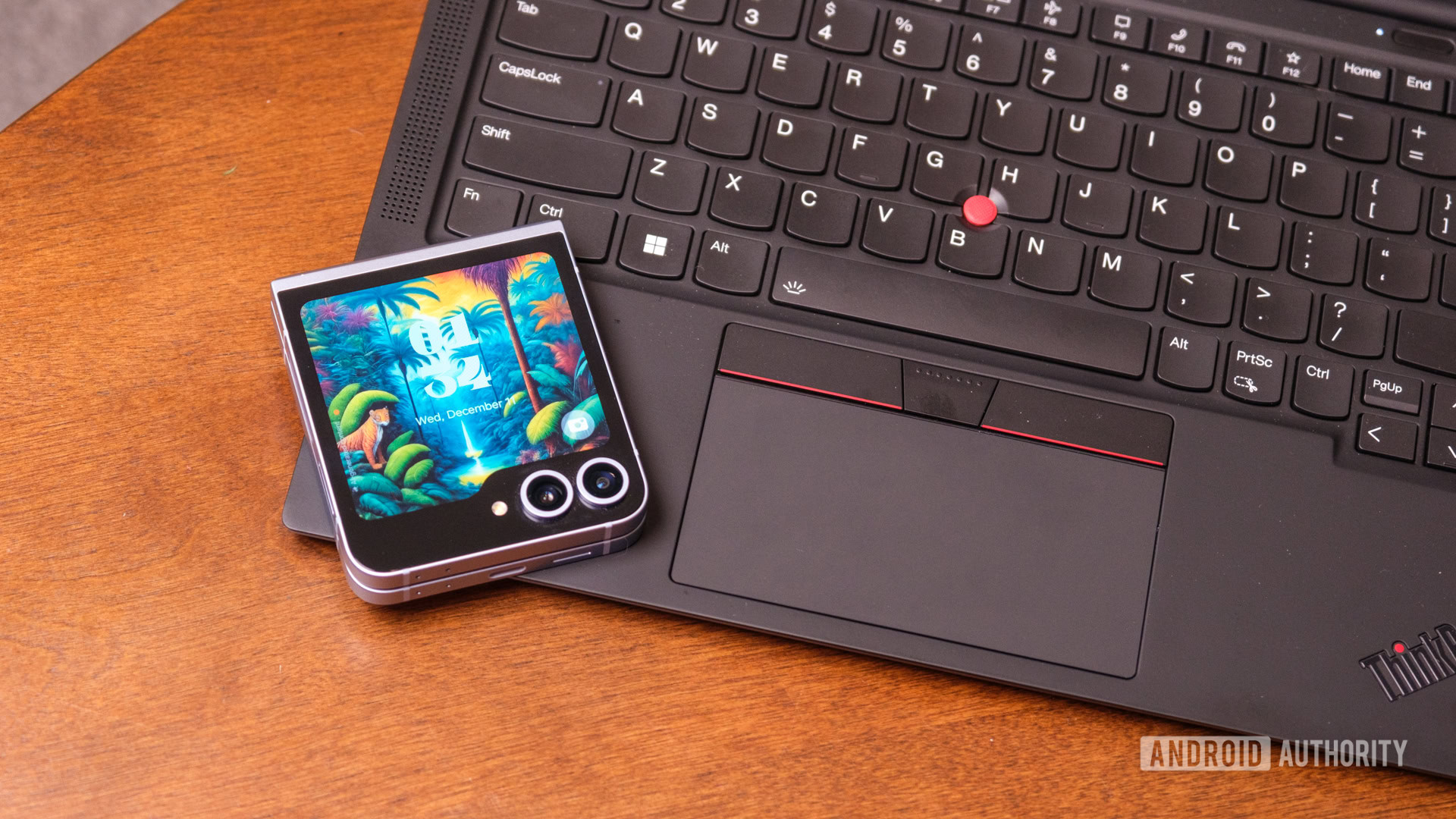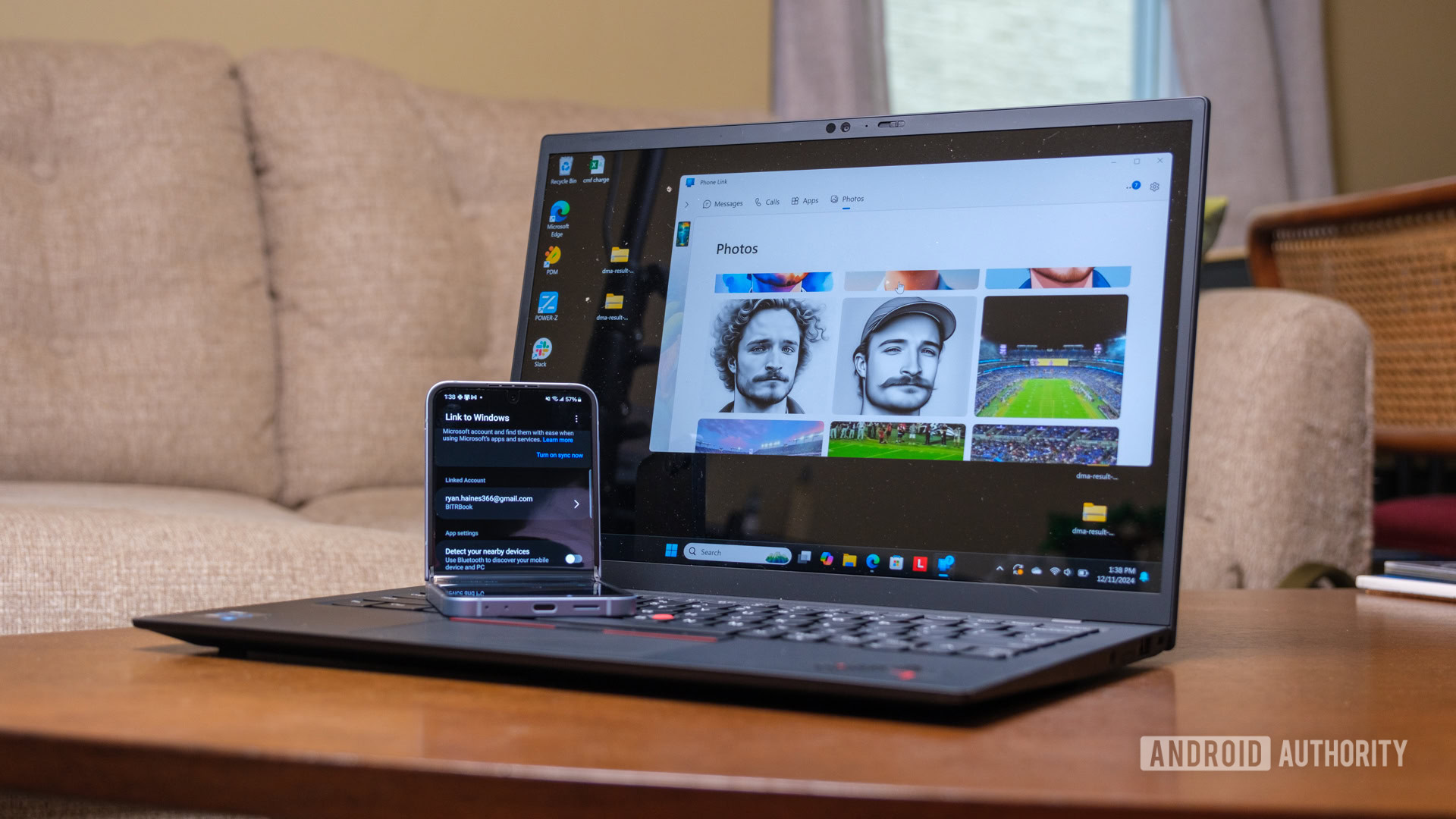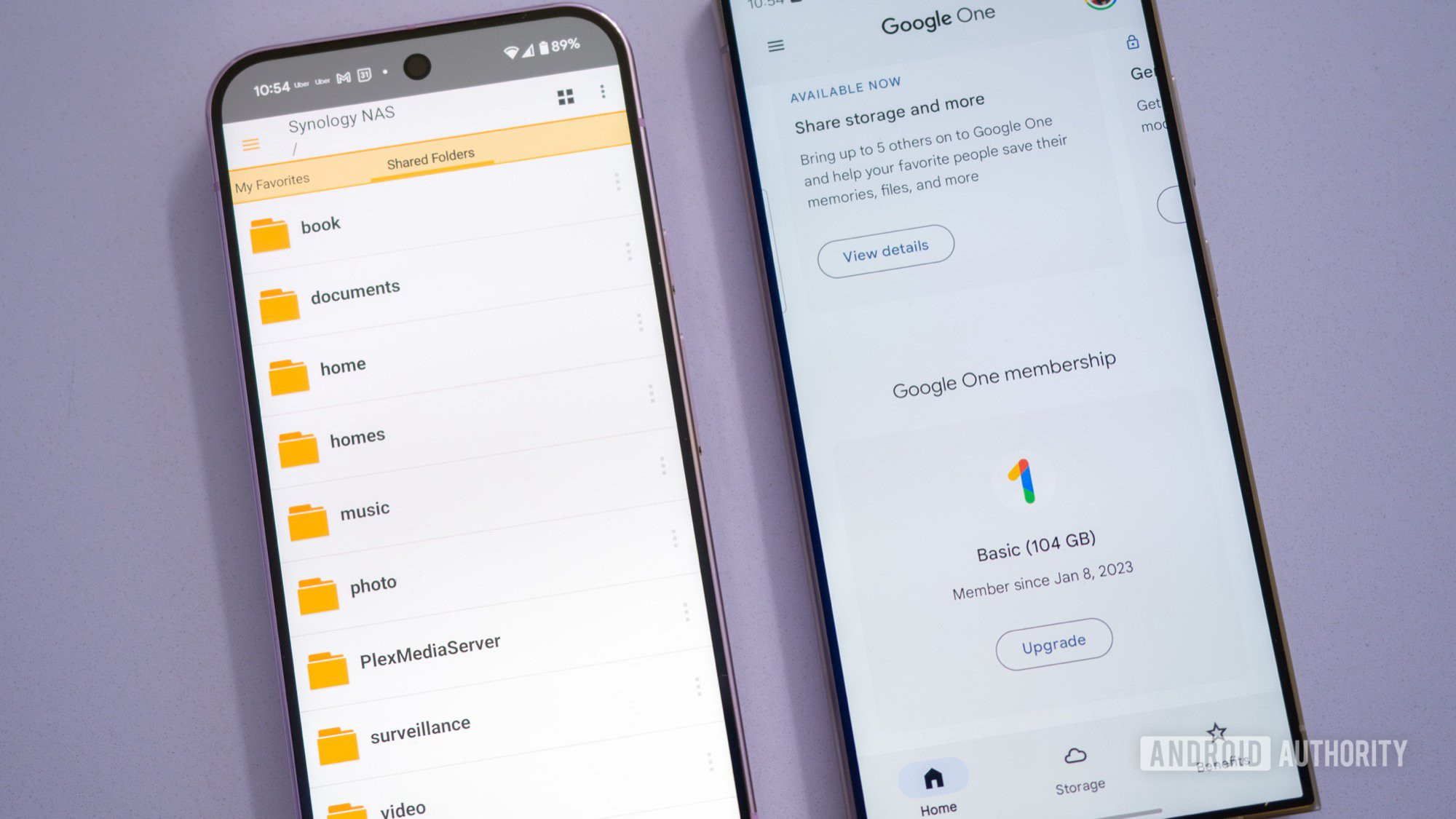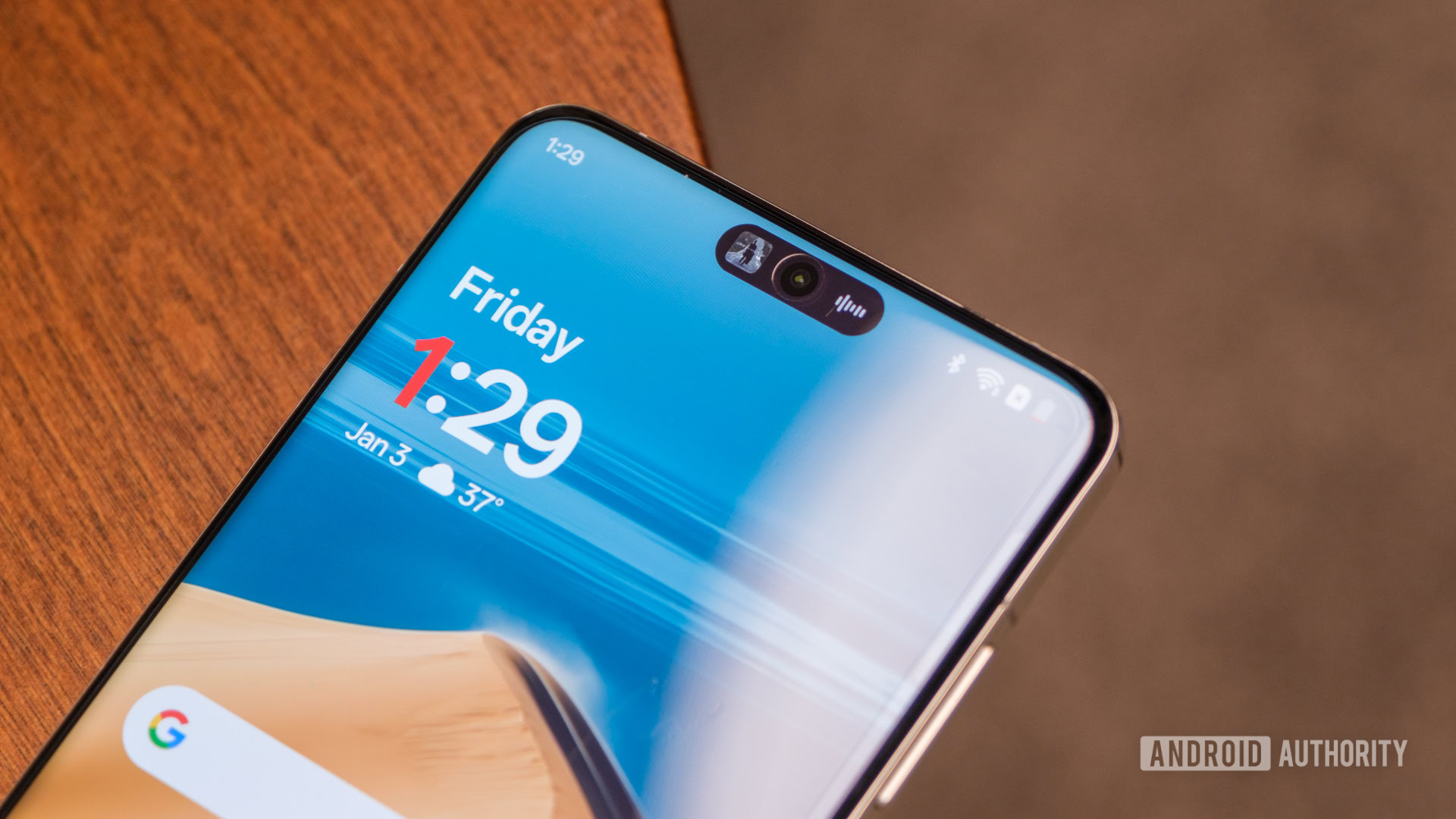
Ryan Haines / Android Authority
When Samsung announced that it would make some changes to DeX as part of its One UI 7.0 rollout, I panicked momentarily. At first, I thought it meant Samsung was pulling a Google and sending DeX to the great tech graveyard in the sky, but I’m happy to report that’s not the case. Instead, Samsung is only ending support for its DeX for PC app, which… happens to be the only part of DeX that I regularly use.
Thankfully, that dreaded day hasn’t come yet, so I have time to look for alternatives. More specifically, I have time to check out the one that Samsung has adopted: Microsoft’s Link to Windows. On the surface, the pairing makes sense, as Samsung has worked closely with Microsoft in recent years, adding bits of Office and OneDrive to recent Galaxy launches, but I had to find out if Link to Windows would keep me in good hands.
Here’s how it went.
Is Link to Windows just DeX for everyone?

Ryan Haines / Android Authority
When I first embraced a post-DeX existence, I did so with a few questions in mind. Most importantly, I wondered if Link to Windows would work the same as DeX or if there would be noticeable differences. As it turns out, there’s a little column A and a little column B — Link to Windows has some things in common with DeX, but it’s not a clone.
For starters, yes, Link to Windows is like DeX for everyone. And by everyone, I mean Android phones from more than just Samsung. That means it’s just as easy to pair a Pixel 9 Pro as it is a Galaxy Z Flip 6, and you get largely the same set of features right off the bat — even if it’s not as cool as the latter’s desktop mode. Both allow you to manage your photos, send and receive messages, and even take calls from your laptop once connected via Bluetooth.
Link to Windows is a good alternative to DeX, but Motorola's Ready For might be better.
Overall, it covers just about everything that I was previously using DeX to do, but in the name of thorough testing, I decided to connect both my Pixel and my Galaxy to see what the differences might be. As it turns out, the close relationship between Microsoft and Samsung is pretty important.
Of course, depending on which Android phone you have in your pocket, Link to Windows might not even make the most sense for you. If you have a Motorola Razr or Edge, for example, you’ll probably want to use Ready For instead. It’s essentially Moto’s answer to DeX, offering the ability to cast apps and TV shows or manage files from your phone on your laptop without the need for a cable. As you might imagine, though, it only works with Motorola phones.
So, what else can Samsung devices do?
As you probably noticed, I said that the Pixel 9 Pro gets largely the same set of features as the Galaxy Z Flip 6. There is, however, one pretty big difference between the two: Samsung’s interface allows you to control the apps on your phone right from your laptop display — much closer to the original DeX experience. It’s not quite the same as DeX — you can’t control your Galaxy device with a desktop-like interface — but you can dip into games like Block Blast or cast your phone’s home screen and control it with your mouse and keyboard.
Honestly, I’m not sure how much use I’d get out of traditional keyboard controls with a touch-based game like Block Blast, but I could see it coming in handy in other, more strategic games where you have to place units or build cities — you know, games that you’d probably play on a laptop anyway. I did notice that I like using Link to Windows to manage my Strava updates, though. It’s just so much easier to choose my perceived effort, type out flybys, and manage my collection of running shoes when I can do so with a simple point and a click.
If you want to control apps from your laptop, you'll still need a Samsung phone.
Oh, and a few extra settings pop up on my Galaxy Z Flip 6 when paired with my ThinkPad. It allows me to share nearby Bluetooth devices with my laptop, connect the two via mobile data for a more reliable connection, and even dip into an instant hotspot when other data isn’t available. I haven’t tried that in Link to Windows yet, but I imagine it acts like a more shareable form of mobile data connection.
At the end of the day, though, I’m surprised — I don’t think I’ll miss DeX for PC very much at all. While I can be as guilty as anyone of resisting change, Link to Windows seems like a pretty good substitute for the parts of DeX that I liked, even if it doesn’t cover every last aspect of Samsung’s connected experience. Now, if only Link to Windows could hold a candle to the capabilities of Apple’s iPhone Mirroring…
Will you miss Samsung DeX for PC?
0 votes







 English (US) ·
English (US) ·